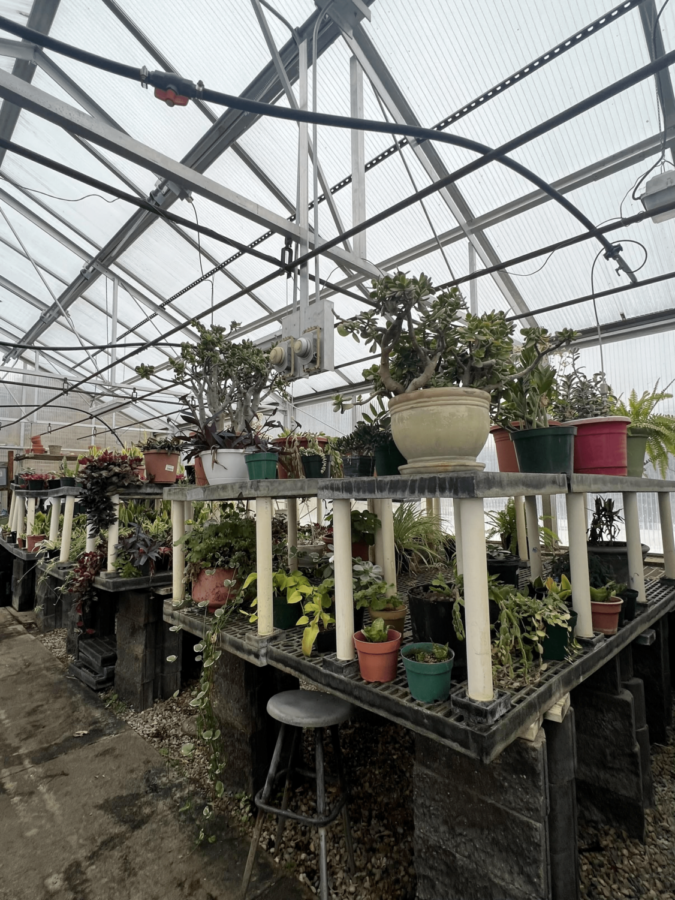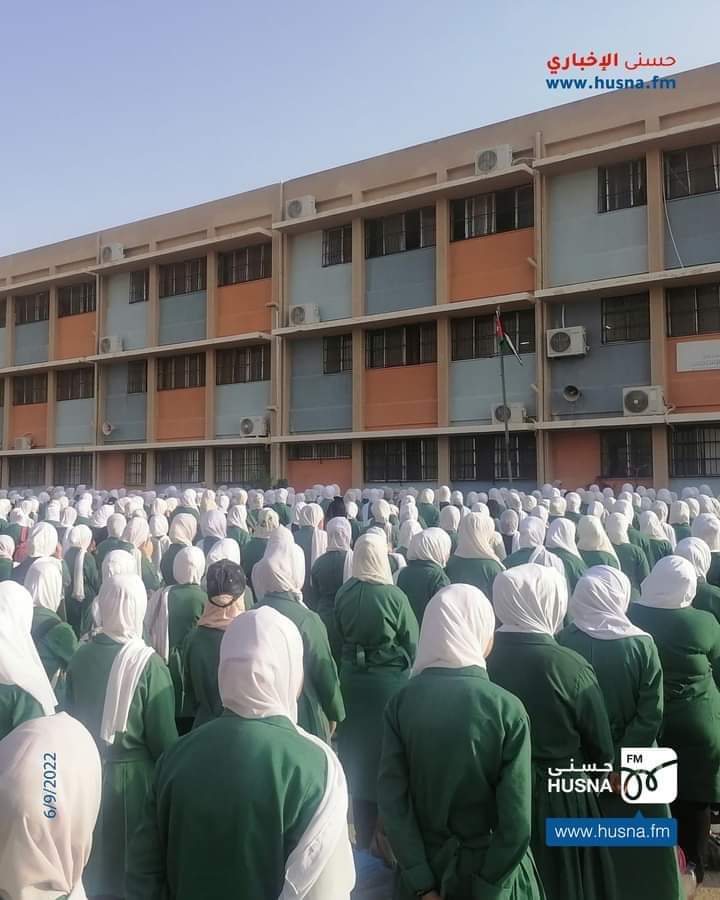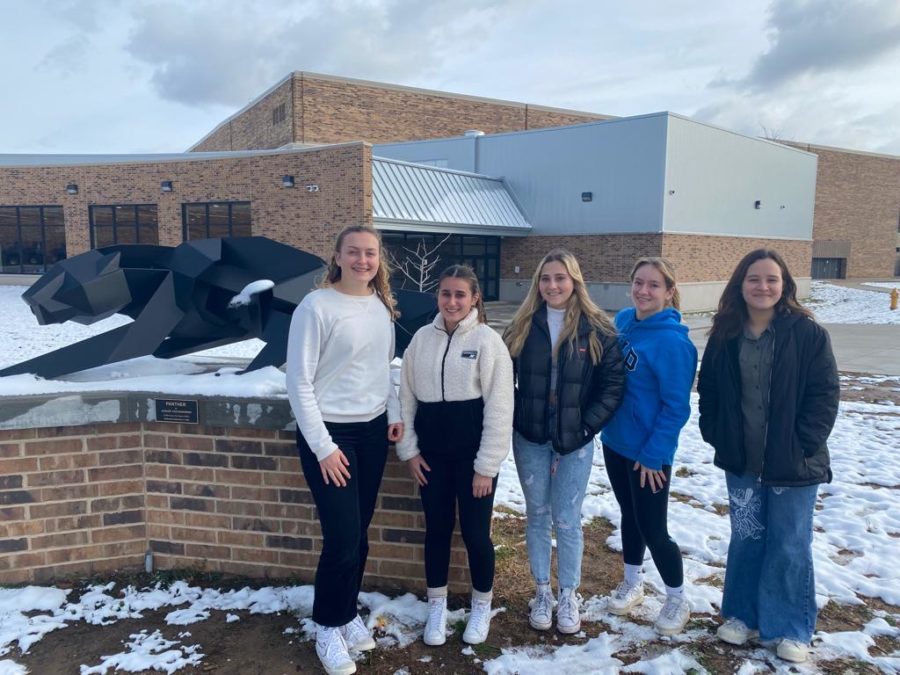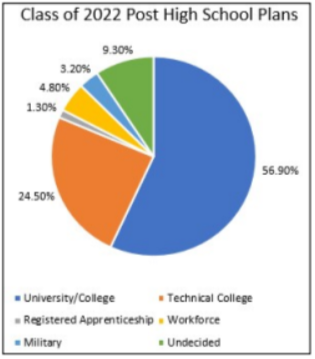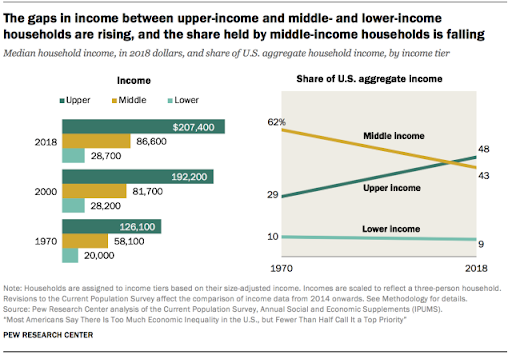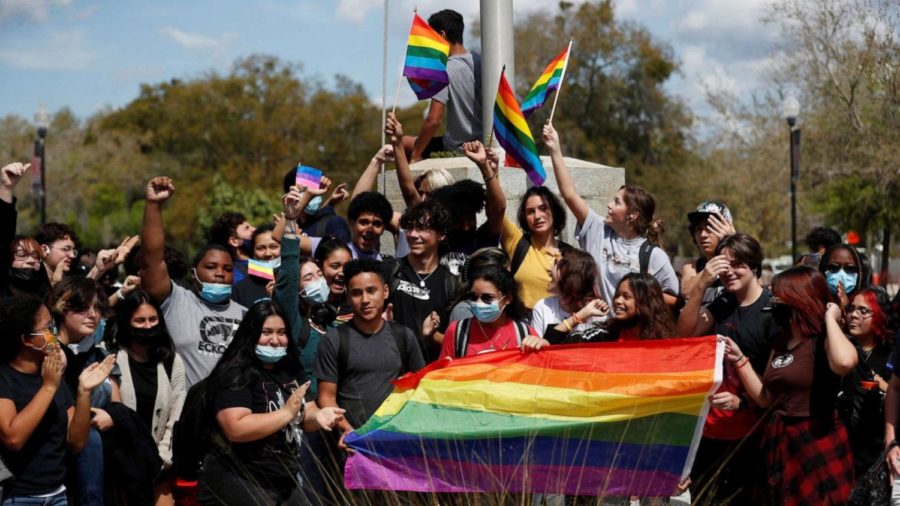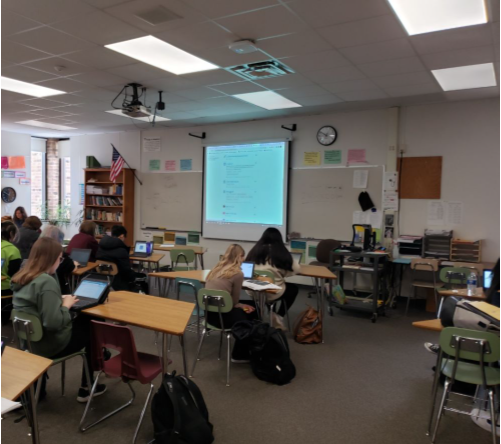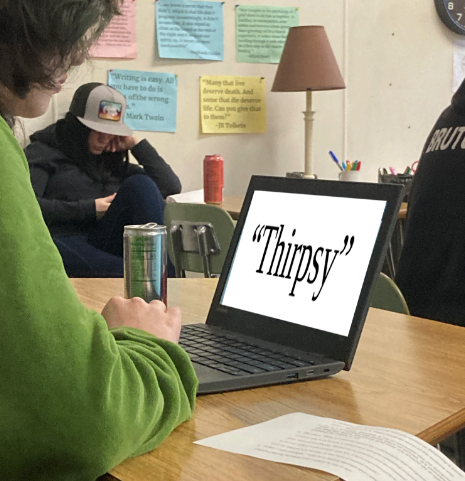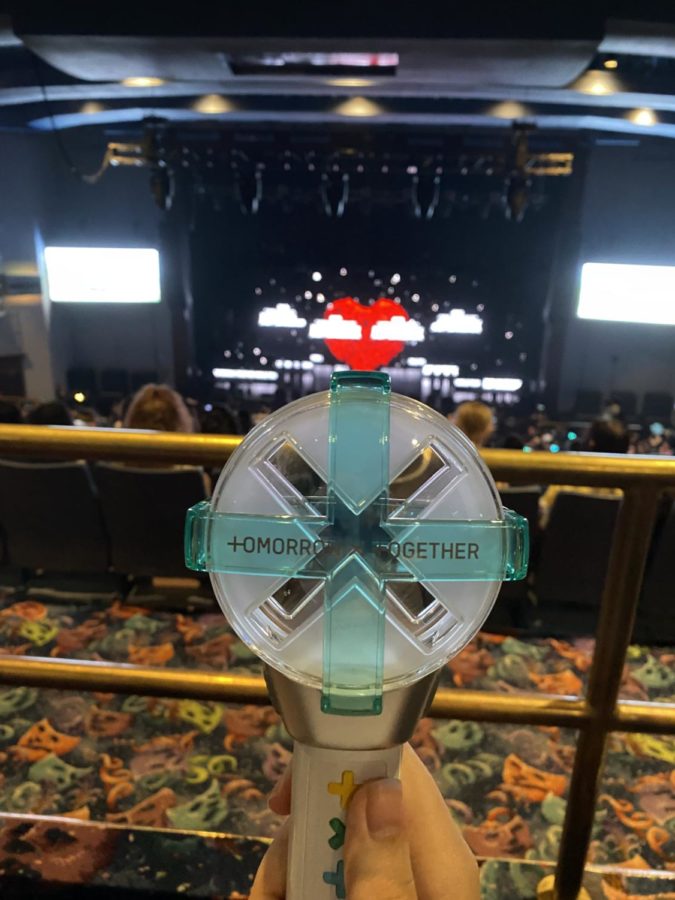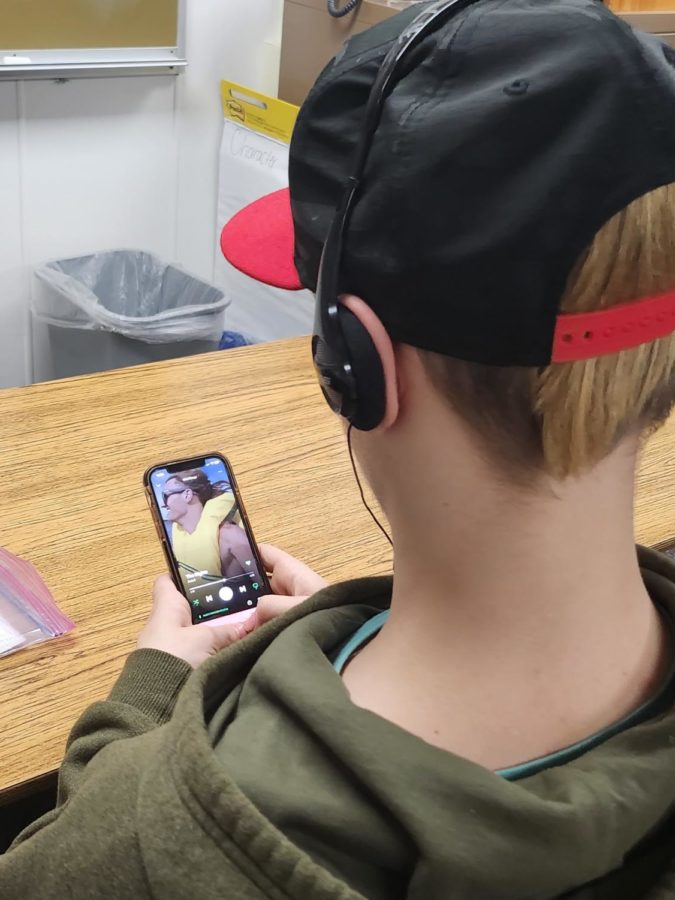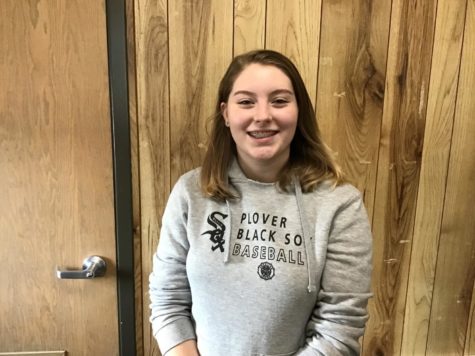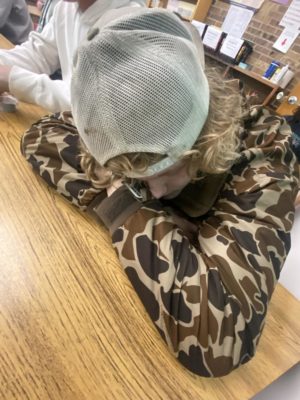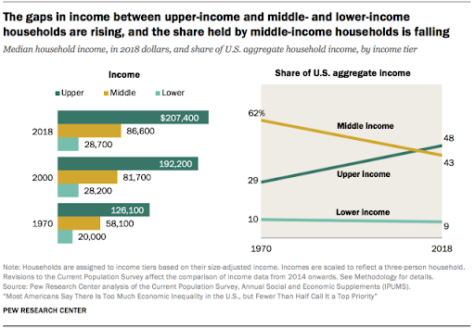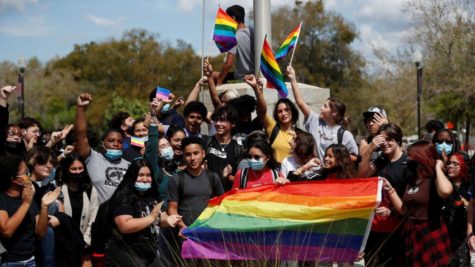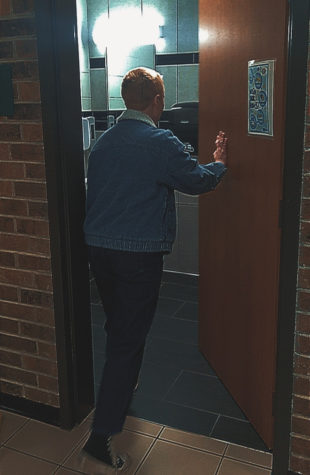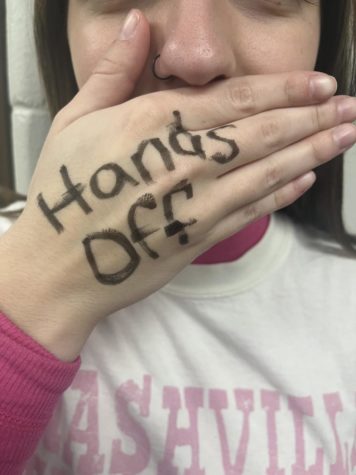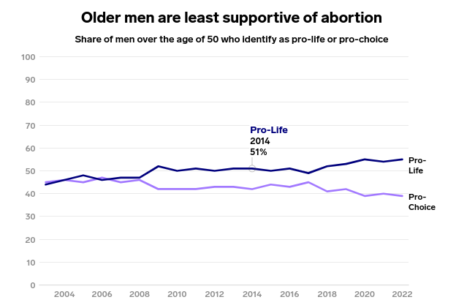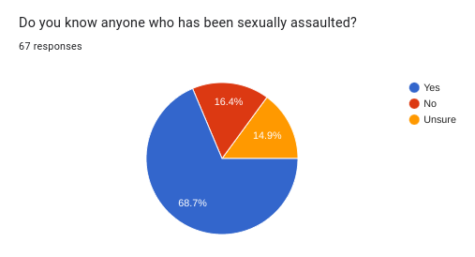Lack of Education Leads to Less Informed Voters
November 2, 2021
Initially, I was going to write an article about the history of women’s suffrage. Suffrage, put simply, is the right to vote. I conducted a survey that asked a simple question “Should we end women’s suffrage?” The results were shocking and led me to wonder why there were so many misconceptions about this topic. Are these students just a bad bunch or could there be a bigger issue at hand? The explanation that makes the most sense is that the lack of government and civic education is to blame for these responses, which in turn creates uninformed voters.
Students are uninformed about basic civic knowledge. When asked about the amount of SPASH students knowing what women’s suffrage meant, Mr. Reindl, a SPASH social studies teacher, noted that sophomore students probably wouldn’t understand the word suffrage. He said “it is not about a lack of understanding about the right to vote, but having never heard the word before.”
SURVEY RESULTS
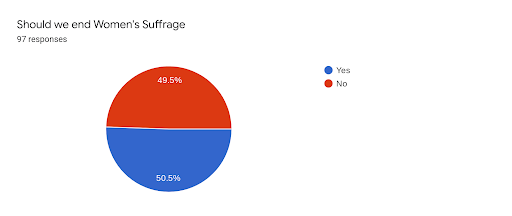
The results from the women’s suffrage survey were shocking. There was not one person who answered yes to “we should end women’s suffrage” that knew what it meant. Extremely common misconceptions were that suffrage meant suffering or sexual assault. Other responses had the right idea but the wrong execution, citing their reason why because of “gender equality” or simply just “equality.”
There were also students on the opposite end of the spectrum, who answered yes, but because of reasons other than protecting the right to vote. Although there were very few responses like this, they point out how education on this topic has failed. These responses included explanations like “Everyone suffers not just women. Men also suffers just as much as women do” and “Everyone suffers. Everyone deals with their own stuff. You should word your stupid question differently, like to ‘should we end suffering?’. Stop being selfish.” Many of these responses are at no fault of the student, but merely a result of not having enough
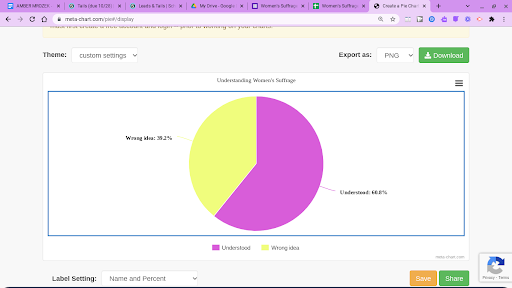
time in the classroom to be able to teach government education properly.
More than 50% of SPASH high school students surveyed do not know what women’s suffrage means. 97 students were in the survey, and those students broke down into groups of 53.6% female and 46.4% male. All together the participants were made up of 44.8% seniors, 54.2% juniors, 1% sophomores. These students were asked the question, “should we end women’s suffrage.” 50.5% of students surveyed said yes, the other 49.5% said no, and 60.8% of surveyees did not understand what suffrage meant.
Breaking this down into simple terms, the majority of these students said yes to ending women’s right to vote. Being taught basic government knowledge and voting rights in school could have prevented the misunderstanding about suffrage. A little under half of these students are seniors, meaning they will be able to vote in the short future. This was only a small survey on a very specific topic, but that leads me to question what other information students are not being taught about government and how this lack of education will translate once these students become voters.
CURRENT VOTING TRENDS
Current voters who use social media as their primary news source are lacking political knowledge. A study conducted by Pew Research Center, totaling 12,648 respondents and over 9 months of research, showed how social media impacts political knowledge. 1 in 5 adults get their news primarily through social media. The survey asked 9 questions and based on the number they got right they were given a score, (8-9) high, (6-7) middle, (5 or less) low. Social media scored the second-lowest on the news list, with 57% of the group scoring low political knowledge. 48% of people who receive the most political news from social media are between the ages of 18 and 29. This is showing, not only that current voters are lacking political knowledge, but that 18-29 is the least politically informed age group.
If young adults are less politically educated, why is there a rise of political engagement throughout that age group? It could be argued that political engagement points towards political knowledge. A survey conducted by Harvard Kennedy School that included 2,513 18 to 29 year-olds, revealed that young Americans are more politically engaged now, compared to voters a decade ago. In 2016, 26% of young Americans considered themselves politically active. This percentage jumped to 36% as of 2021.
However, political engagement does not equal political knowledge. Looking back at the study performed by Pew Research Center, even gathering information from the most reliable news source, there are still 23% of people who have low political knowledge. Assuming that even a small number of these participants are politically active disproves the idea that political engagement points towards political knowledge.
Government and civic education should be a priority in schools. That knowledge is necessary for a democracy to function properly. Teachers have very little control over which topics get talked about most in class. Having parents and students go directly to the school board with this concern would have the most impact on the social studies curriculum. By being politically active and using that power to vote for candidates who support the idea of more government education, normal citizens can make big changes.






